What are the reasons for instability in coffee shops? The coffee tastes different. It's time to pay attention to these details.
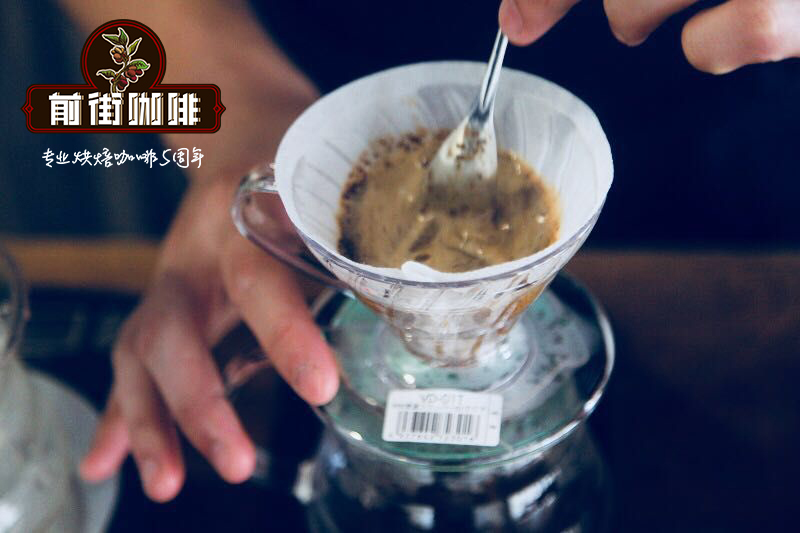
Customers will rely on a cafe they like to provide them with delicious coffee every day. It is equally important to buy the right coffee beans, to cultivate the atmosphere in the cafe, and how to make coffee.
From every minute of baking to every second of drinking, it will have a great impact on coffee. Similarly, there are many other factors that can affect the taste of your coffee when brewing. This is why we must try our best to control every detail to ensure the quality of the coffee.
Pay attention to the storage of coffee beans
Coffee should be stored in a dark, dry and cool place. Even if the coffee is in a bag with an one-way exhaust valve, do not put the bag near the area where it will be exposed to sunlight or come into contact with any kitchen utensils that increase calories. Coffee beans become more oily in an overheated storage environment and develop a flat roasting flavor.
Of course, how to store coffee also needs to change with the weather. For example, when there are obvious fluctuations in summer and winter temperatures, the storage form of coffee also needs to be adjusted appropriately. Under the condition that the temperature in winter will be very low, the coffee needs to be cultivated for about 7-10 days before use. Because when the storage environment becomes lower, the coffee begins to exhaust more slowly, and the coffee beans become too fresh when you brew them. Just like in summer, when the weather is hot, the bean cultivation period may only take 3-5 days.
However, not all coffee shops are equipped with dedicated, temperature-controlled storage space. But be sure to keep the coffee away from an environment where there are extreme temperature changes, moisture and strong light. If the weather is hot and humid, the rich water in the air seeps into the coffee beans, which will wash away the fragrant oil from the coffee surface and even produce a bad smell; therefore, coffee beans must be kept in a dry and cool place to prevent the beans from absorbing too much moisture or deteriorating due to high temperature.
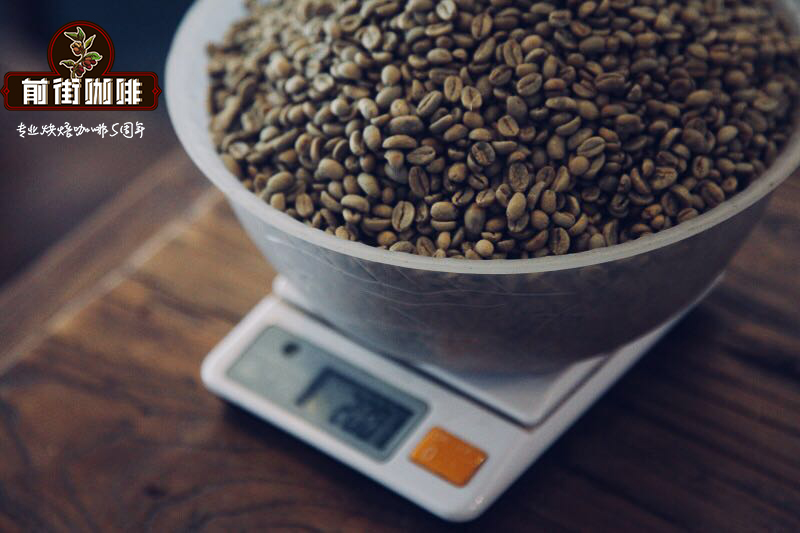
Don't neglect the maintenance of daily equipment.
The most complex core equipment in a coffee shop is the espresso machine, and the more complex the machine is, the more regular maintenance is needed. It can not only save the extra expenses caused by the failure of the coffee machine due to unmaintained equipment, but also extend the service life of the machine.
All the equipment used in the coffee shop is the same, and the primary cause of the failure of most machines is the lack of basic maintenance. for the coffee machine, the concentration of the 5000th cup extracted should be as good as the first cup; for the bean grinder, if the damage is serious, it should be replaced to ensure that the uniformity of the ground coffee powder is always the same. All this can be done as long as the machine is well taken care of and maintained.
Although the maintenance and parts replacement dates of each machine will be different, the machine should be inspected twice a year, cleaned or replaced with sealing rings, steam rods, grinding plates, and other components. Moreover, the boiler safety components, flow meters and solenoid valves of the machine need to be inspected every year.
In addition to the annual inspection, every day is also very important for the daily maintenance of the machine. Every day, after each quality, the coffee machine is regularly cleaned and the coffee is tasted irregularly. For people who seriously make coffee, all this work is to avoid causing breakdowns to expensive machines, so as to affect the quality of coffee.
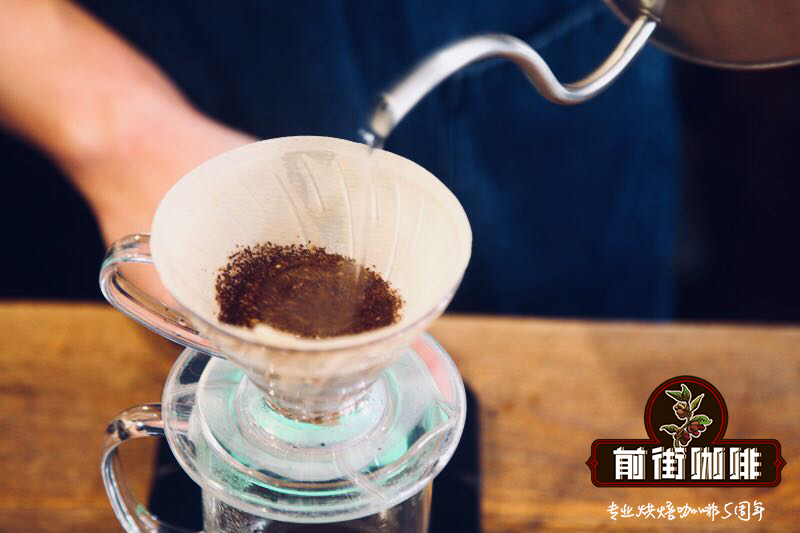
Don't ignore the extraction water temperature of espresso
It is also important to know the brewing water temperature of the espresso machine. Some machines can allow the temperature to be set for each brewing group, but these settings may change unexpectedly, or they may not be able to better display the coffee used, which will affect the quality of the coffee.
The temperature of the water used for brewing affects the speed of coffee extraction and the release of flavor compounds in coffee. Different combinations of coffee beans also require different extraction temperatures to get the best extraction, even with the same machine.
The higher water temperature has the ability to extract more compounds from coffee. If the quality of the coffee is not very good-it may be lack of sweetness, lack of alcohol thickness, or particularly sour taste, you can increase the temperature by 1 or 2 degrees will be different, and the coffee will come alive. The taste test should be done by the coffee team, and if possible, with your coffee bean supplier.
Water at a lower temperature (below 90 ℃) can "increase the juicy and acidity of coffee". However, coffee extracted with hot water below 90 degrees Celsius causes less acid to be extracted from the coffee. However, both the sweetness of the balanced acid and the alcohol thickness of the extract decrease, and the sour taste becomes more pronounced in the taste buds.
Similarly, the ambient temperature of the coffee shop will also affect the extraction, and the cold air in winter will also lower the brewing temperature of the coffee machine, resulting in insufficient extraction. Therefore, it is also very important to test the quality regularly and check the exact temperature of the water used for brewing.
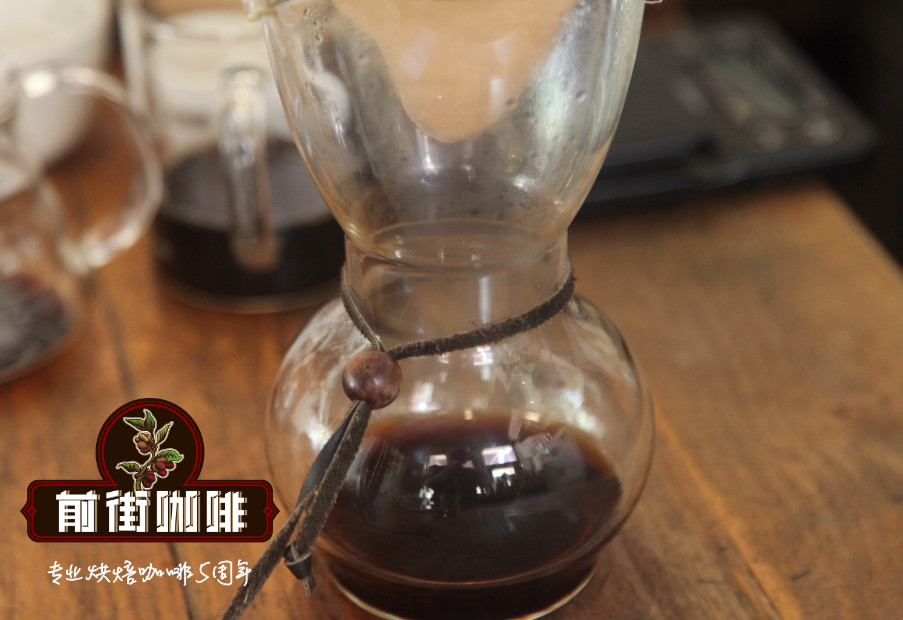
Remember to test the water quality
Coffee with an attractive flavor begins with a clean, oxygen-rich water source for extraction and is as close to neutral pH as possible. Water usually contains organic particles, sediments and other substances that have a negative impact on the taste of coffee, so it should be filtered out before it is extracted.
But minerals such as calcium, magnesium and bicarbonate are also needed in the water to effectively extract the taste of coffee. Too many minerals can produce scale in your machine and may leave customers with chalky or dull coffee. Too few minerals can bring sour or acetic acid to coffee.
It would be beneficial to install special filters that use activated carbon filtration or reverse osmosis. However, since the chemical properties of water vary from region to region, it is also necessary to ensure that it is properly maintained after confirming that the correct filtration system is being used. If you do not change your filter regularly and check the water quality, the quality of coffee will also decline.
When running a cafe, no matter how fancy the marketing is, the most important thing is always the taste of the coffee product itself that determines how much customers love and rely on the store. These details are not very complicated, and it must be worthwhile to take the time to implement these quality measures to ensure a better coffee experience.
Important Notice :
前街咖啡 FrontStreet Coffee has moved to new addredd:
FrontStreet Coffee Address: 315,Donghua East Road,GuangZhou
Tel:020 38364473
- Prev
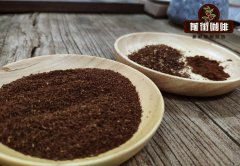
What is the effect of the difference of grinding particles on the flavor of hand-made coffee? Would you like some fine powder of coffee by hand?
Grinding is very important for coffee, and the size of coffee particles directly affects the efficiency of hot water extraction of coffee. In theory, the more uniform the coffee particle value is, the more consistent the overall extraction efficiency is, and the better the coffee flavor is. The variable of this experiment is the uniformity of coffee particles, so set up two groups: group An and group B: the grinding degree of group An and group B is 20 and the pass rate of standard sieve is 80%.
- Next

Can the sour and bitter of coffee be regulated? Do you have coffee that is not bitter or sour? How to avoid bitter coffee
In fact, the bitterness and sour in coffee are the inherent characteristics of coffee, but also its symbol. Indeed, sometimes the coffee doesn't taste as much as we want, the sharp acidity can't be ignored, and sometimes the coffee tastes bitter and unpleasant. So what causes these unpleasant smells is baking? Or extract? Or the raw bean itself? The answer is actually all three.
Related
- Detailed explanation of Jadeite planting Land in Panamanian Jadeite Manor introduction to the grading system of Jadeite competitive bidding, Red bid, Green bid and Rose Summer
- Story of Coffee planting in Brenka region of Costa Rica Stonehenge Manor anaerobic heavy honey treatment of flavor mouth
- What's on the barrel of Blue Mountain Coffee beans?
- Can American coffee also pull flowers? How to use hot American style to pull out a good-looking pattern?
- Can you make a cold extract with coffee beans? What is the right proportion for cold-extracted coffee formula?
- Indonesian PWN Gold Mandrine Coffee Origin Features Flavor How to Chong? Mandolin coffee is American.
- A brief introduction to the flavor characteristics of Brazilian yellow bourbon coffee beans
- What is the effect of different water quality on the flavor of cold-extracted coffee? What kind of water is best for brewing coffee?
- Why do you think of Rose Summer whenever you mention Panamanian coffee?
- Introduction to the characteristics of authentic blue mountain coffee bean producing areas? What is the CIB Coffee Authority in Jamaica?

